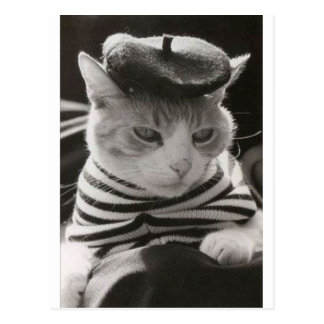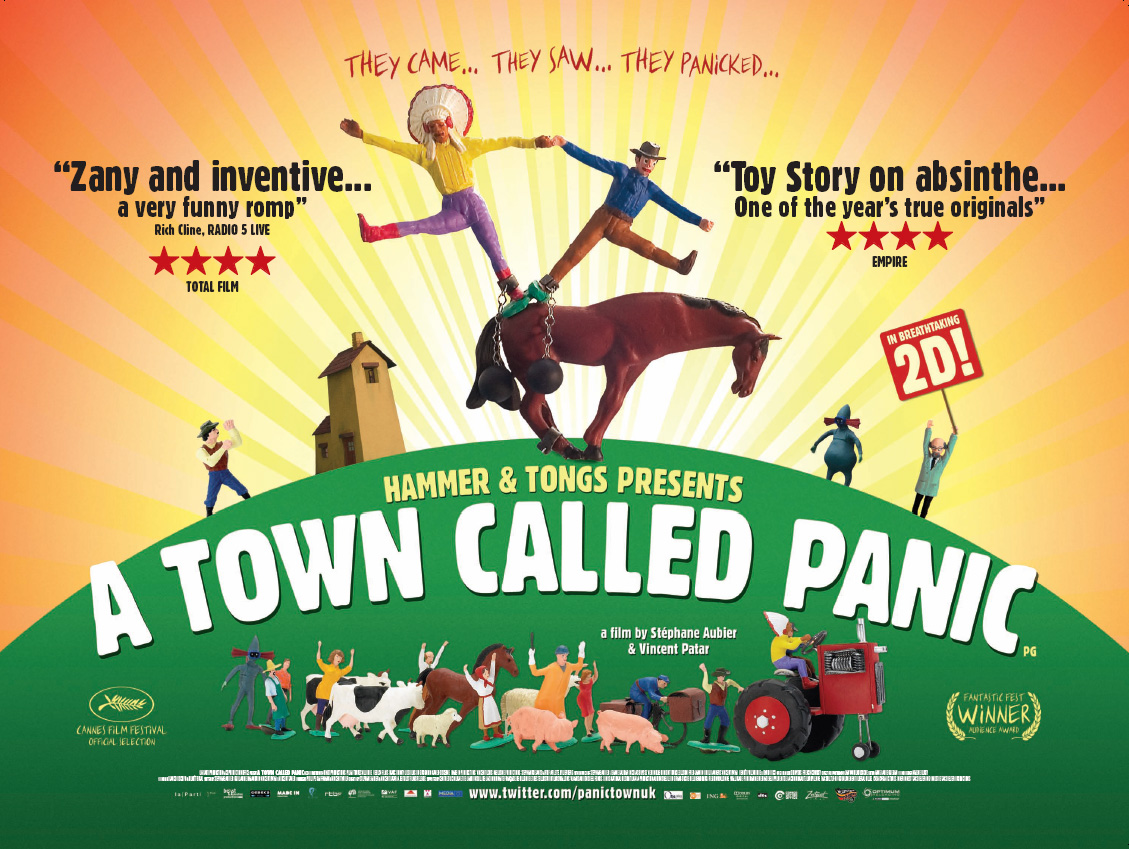posted by Jessica Allen, second-year student of French and German at Jesus College
The Oxford modern languages degree places considerable emphasis on the study of literature. With most schools teaching very little or even no literature as part of their modern languages curriculum, it can be very difficult to know where to start. Here I’m going to share my own literary journey thus far to hopefully inspire those who are still at school to develop their interests and to not be intimidated by the really quite challenging task of tackling their first foreign novel.
This story actually begins with my discovery of German literature. I was fifteen years old and inspired by the fleeting reference to Kafka in Bridget Jones’ Diary to read some of his work in the original German. My German teacher told me that this would be impossible for someone who hadn’t even done her GCSEs, so, determined to prove her wrong, I spent three months teaching myself advanced German grammar and reading children’s books. Then suddenly I was reading Kafka’s works and understanding them in German. I felt a great sense of achievement and knew then that what I wanted to study was German literature.
I was also curious about French, the other language I was studying. I wanted to do the same thing, although I had no natural starting point to lead me into the literature. So one lunchtime I went into the school library and headed over to the solitary shelf of French literature. I picked up Diderot’s Supplément au voyage de Bougainville, mainly because it was the shortest. It was also the best introduction to French literature I could have had at the age of sixteen. From next year, this will be a prescribed text for first years at Oxford, therefore it’s an ideal book for those who are just starting their literary studies. It’s written in dialogue form and when I read it for the first time I had never seen anything like it, which instantly made it more interesting. It also means that it’s easier to understand it, for the two opposing points of view are always clearly represented by the dialogue participants, and it’s certainly easier to get through than a six hundred page novel. When I first read it I was ignorant of the context in which it was written and applied the book’s lesson about universal values and a return to nature to my own teenage existence. It all began to truly make sense as I found out about the original context of the text: it was written in the eighteenth century in order to criticise the social and political structures in France prior to the Revolution by comparing them to the basic moral codes based upon nature which governed Tahiti. I began to actively consider the concept of universal values and luckily my google searches led me to more eighteenth century texts which explore similar themes in the same context: Voltaire’s Candide, Montesquieu’s Lettres Persanes and Rousseau’s Le Contrat social. I devoured them and eventually made them the subject of my EPQ (Extended Project Qualification). I had fallen in love and I knew that wherever I went to university, there had to be lots of eighteenth century French literature. So if you’re in sixth form, I would definitely recommend these texts as a way into French literature. Eighteenth century French is often easier to understand than that of the nineteenth and twentieth centuries, plus the idea of challenging a long-established regime and system of values as expressed in these texts certainly appeals to frustrated teenagers.
So where did I go from there? Well I spent the rest of sixth form reading any French and German literature I could find. This was helpful not just in terms of my Oxford application, because it gave me plenty of ways to show that I was interested in taking languages further, but also because when I arrived here for first year I wasn’t daunted by the reading list or by the task of tackling foreign texts because I’d already been doing it for a couple of years. Okay, as a second year I now look back and laugh at the naïve and simplistic views of these texts that I often expressed whilst still at school, but even as you progress through Oxford your thought process is always changing and it’s often fun to contrast your current interpretation with your previous. Above all, I genuinely enjoyed discovering the wonders of French literature and it is certainly the best way to practice your language skills outside of the classroom, as teachers always encourage you to do. So my advice to sixth formers is to read any French texts which take your fancy and hopefully find some that really interest you. Don’t worry if you don’t understand certain phrases or references and try to work on grammar and vocabulary before you do it, however tedious it might seem, because it all really helps in the long run!




_-_Google_Art_Project.jpg)



